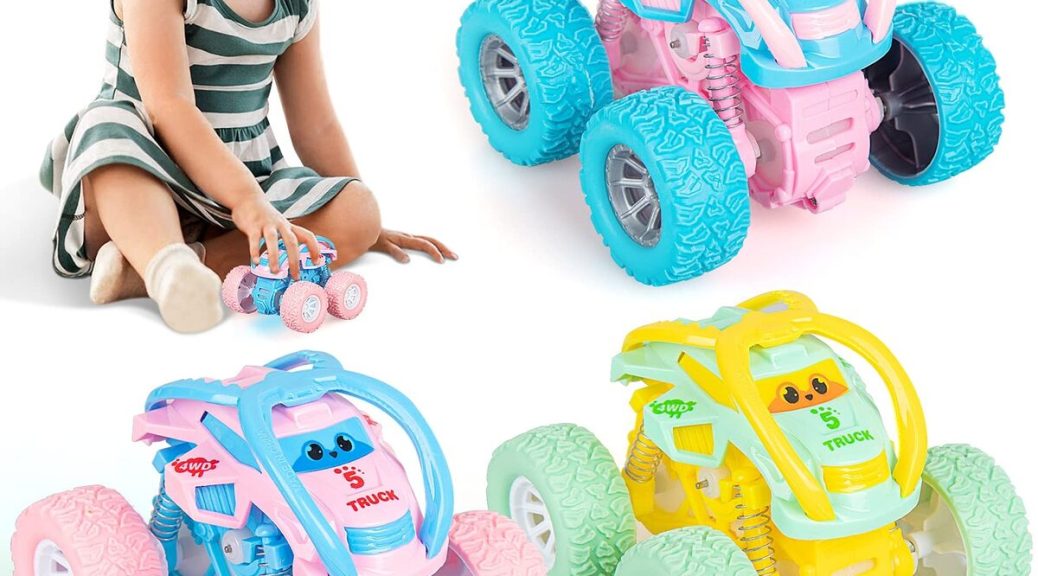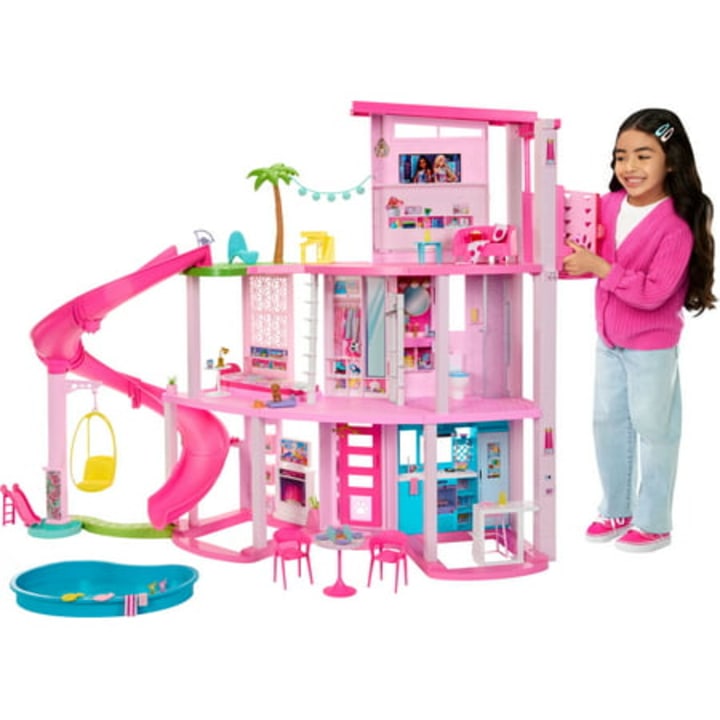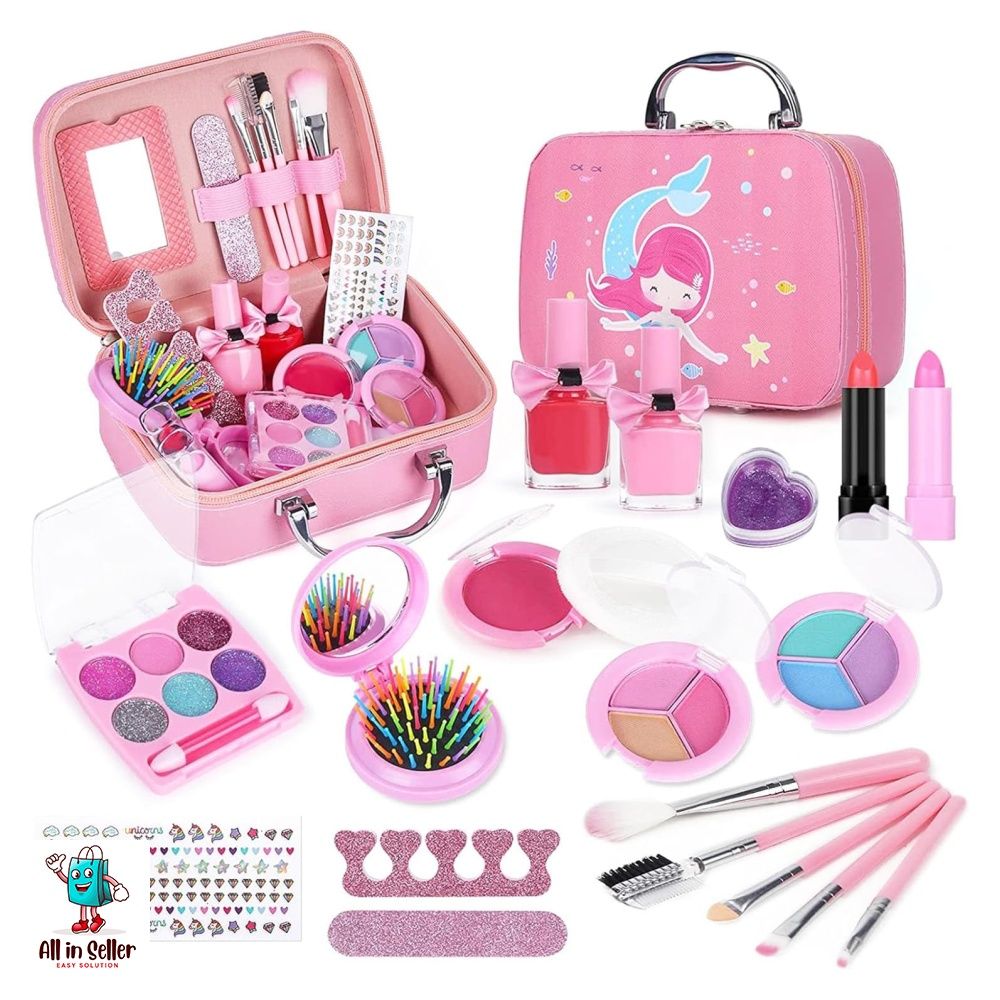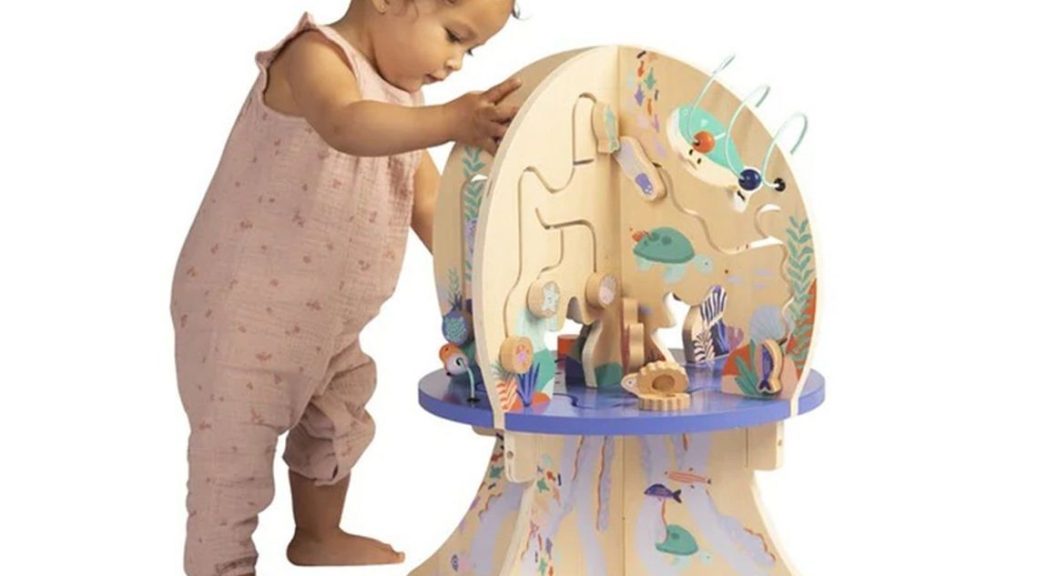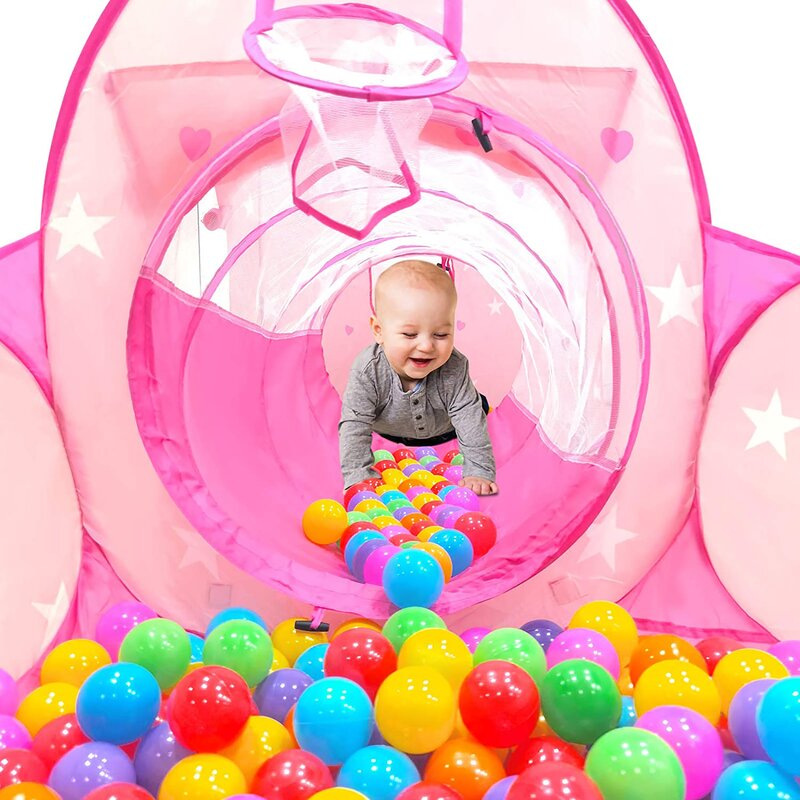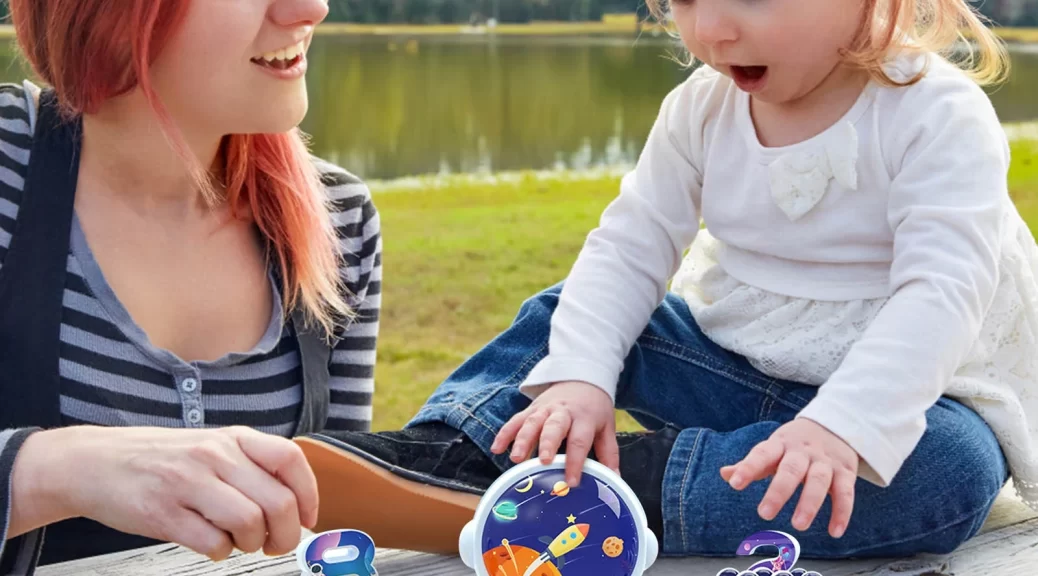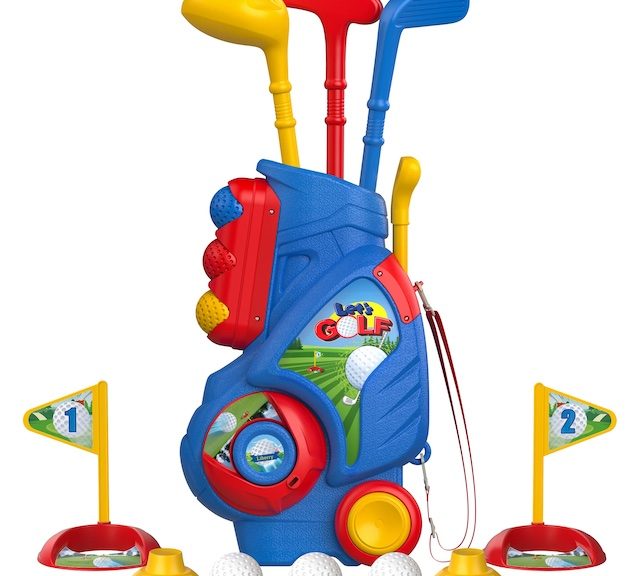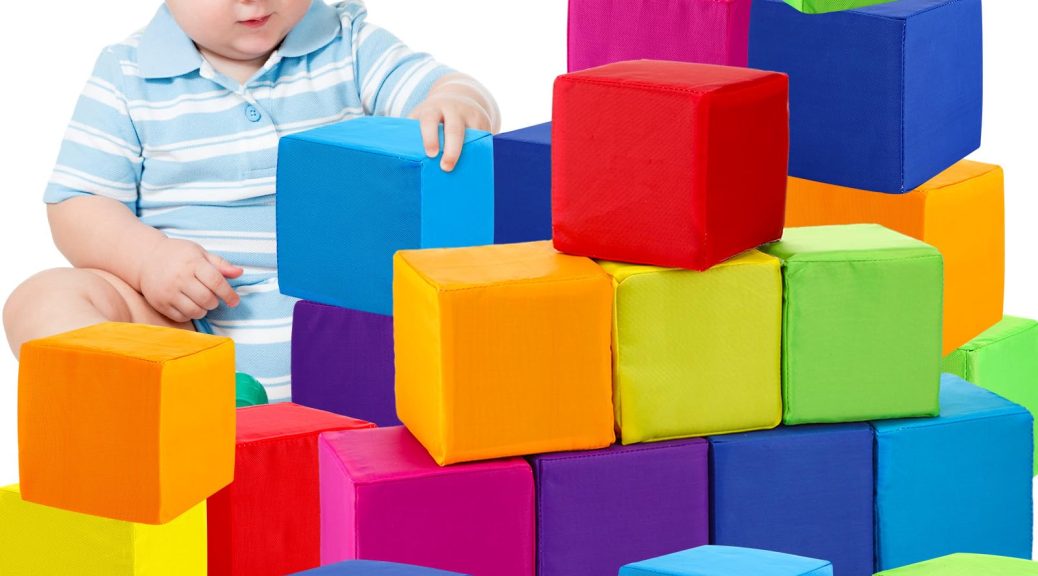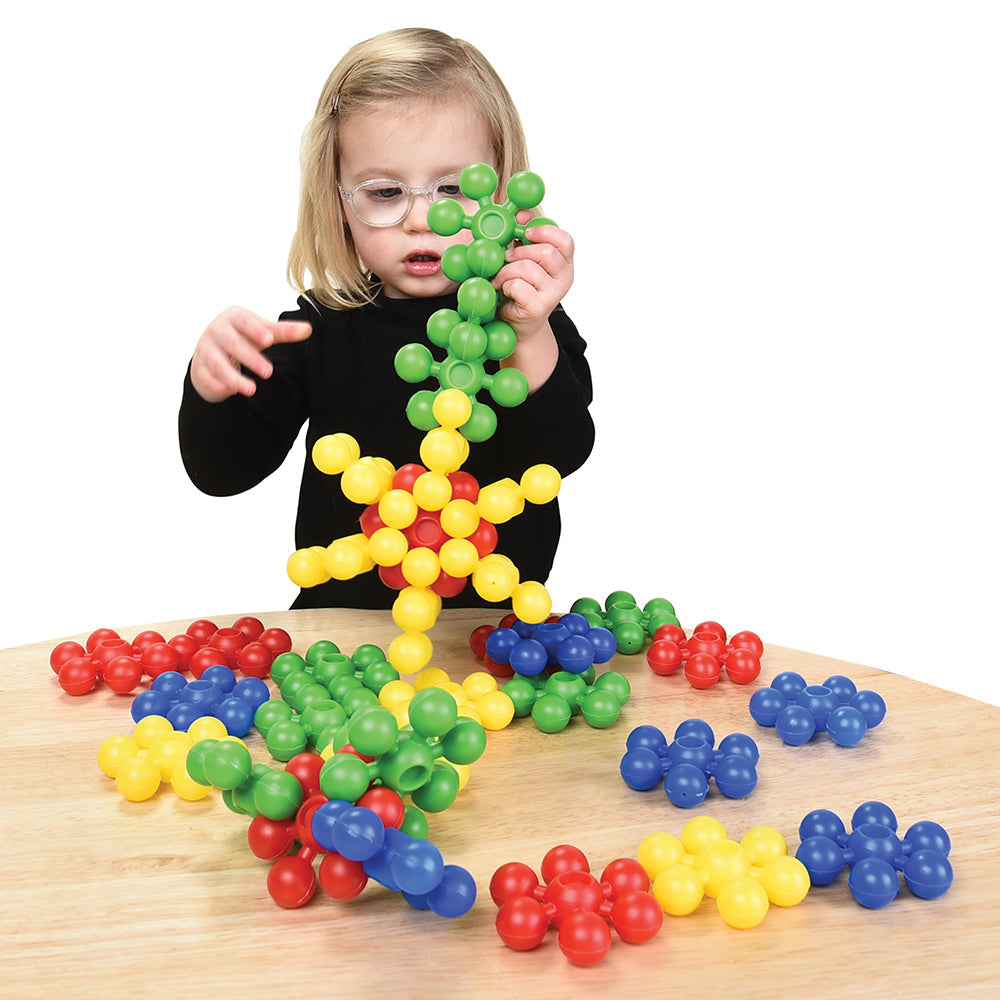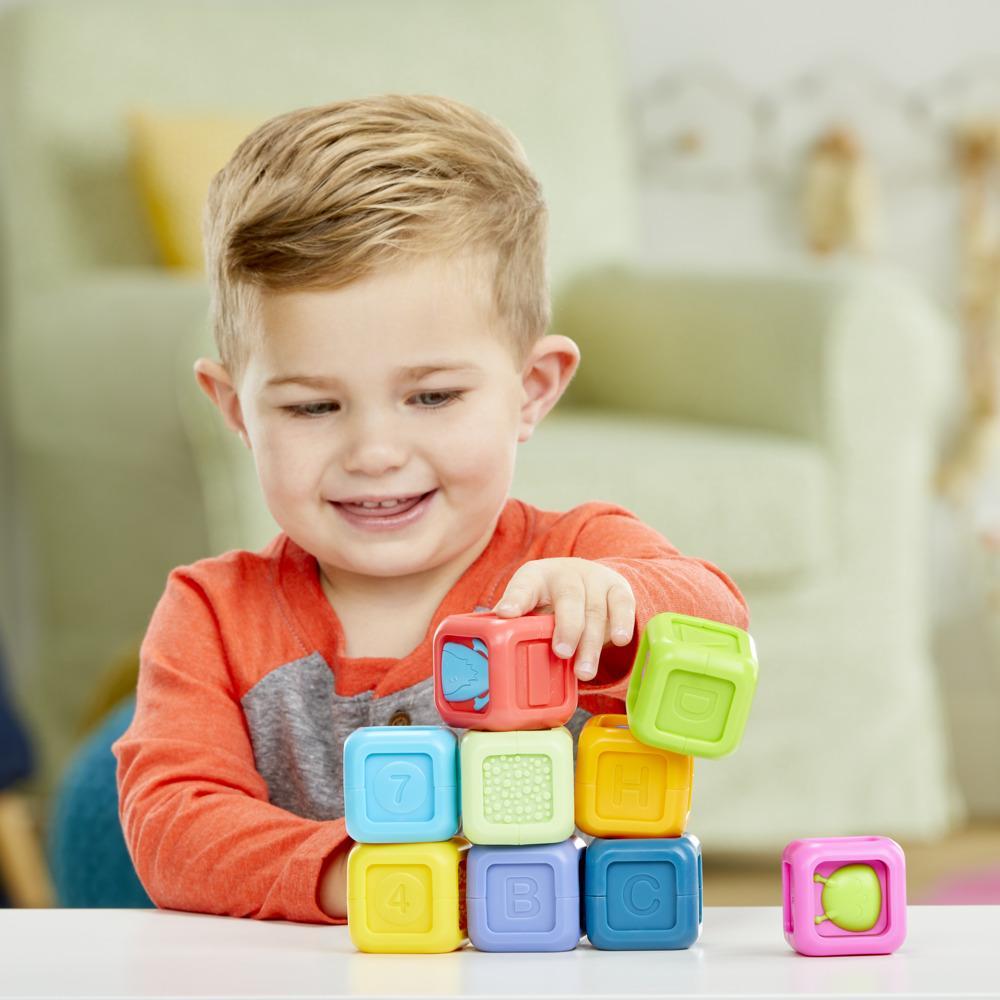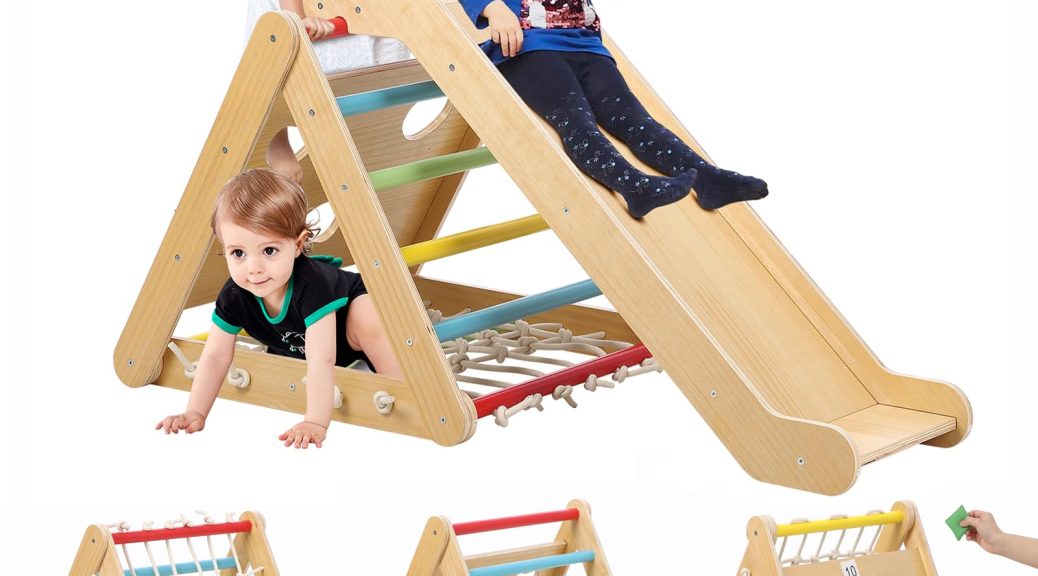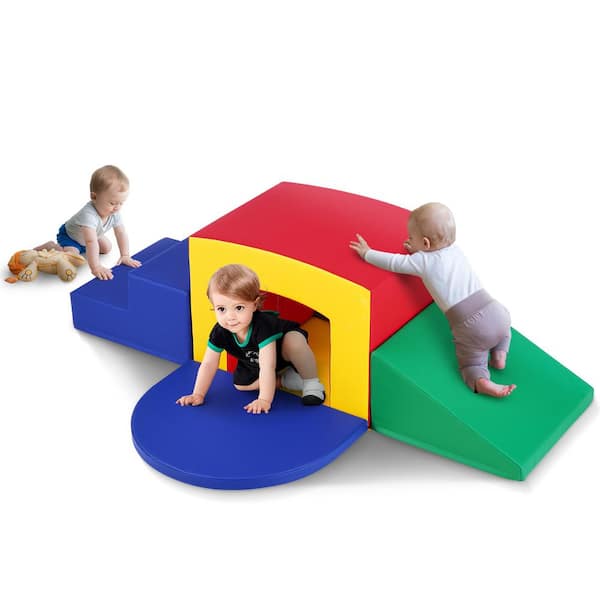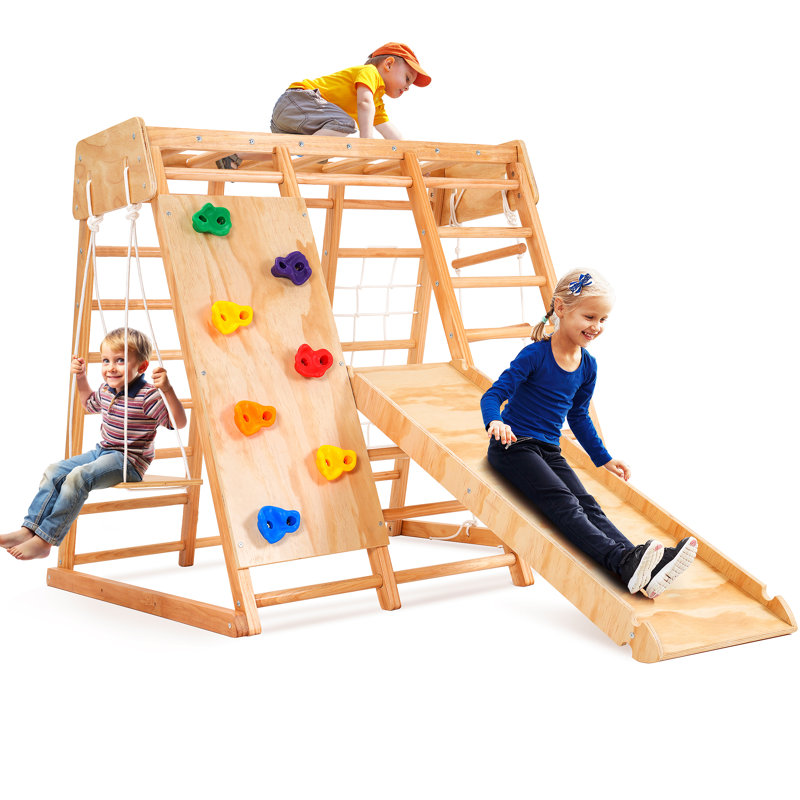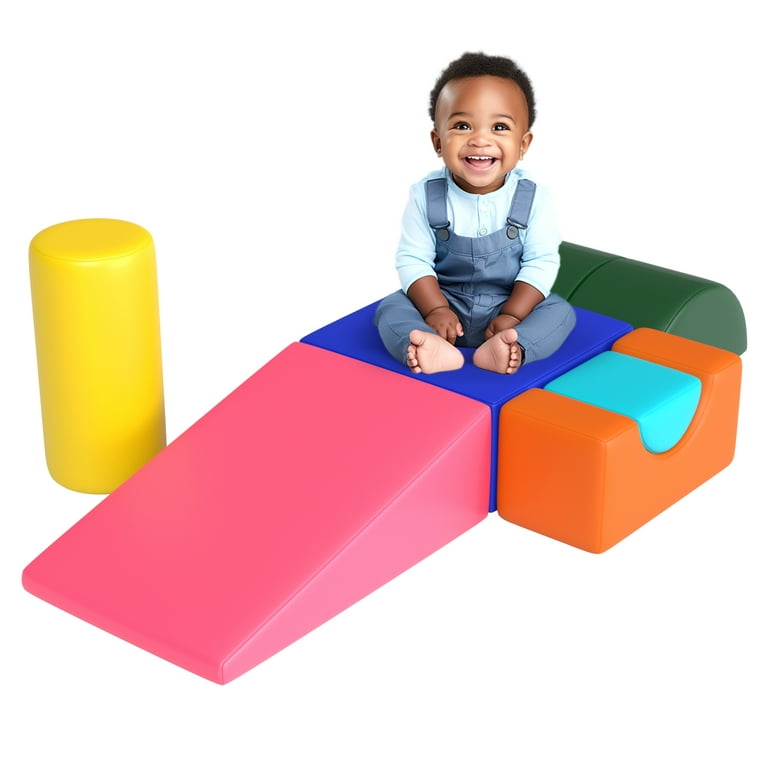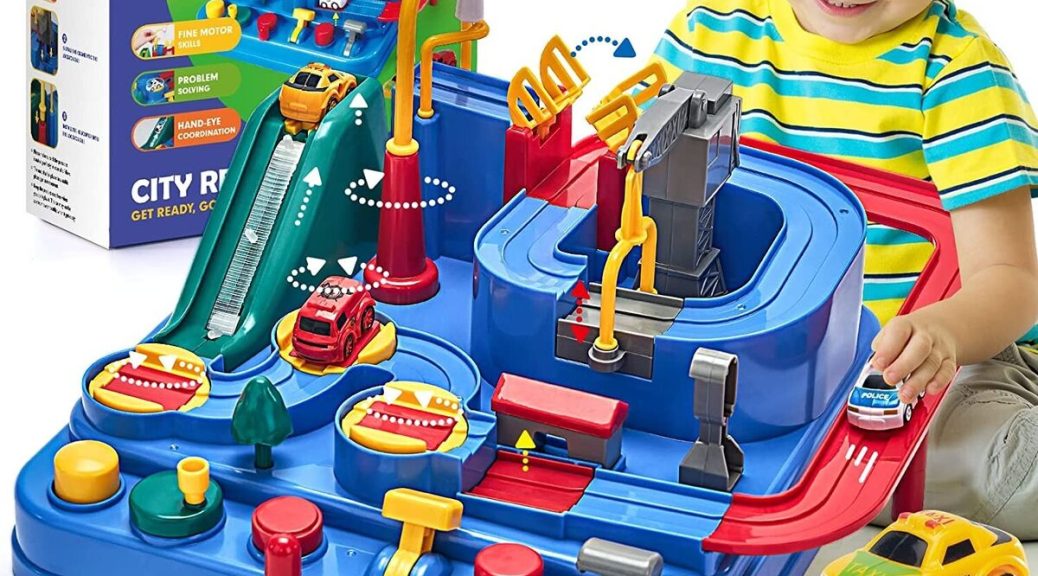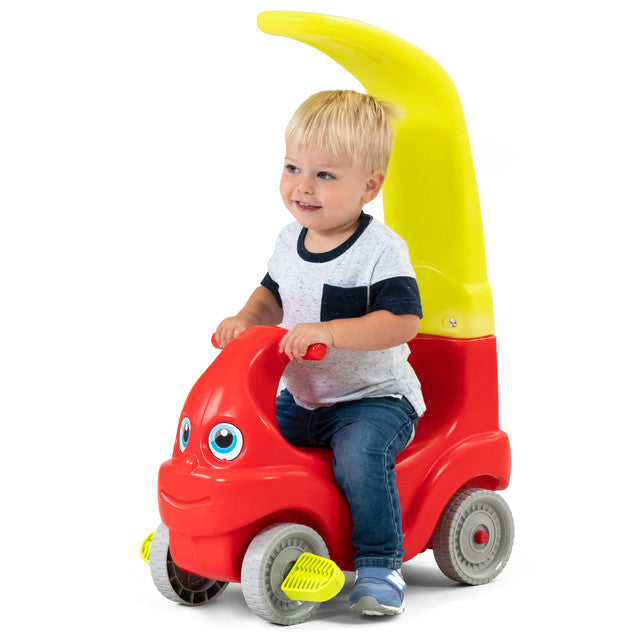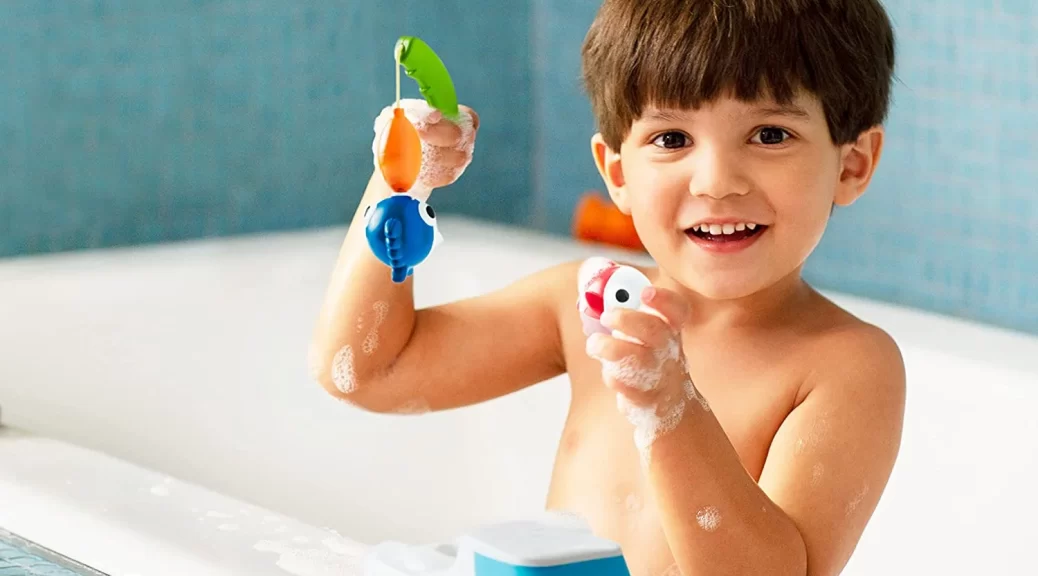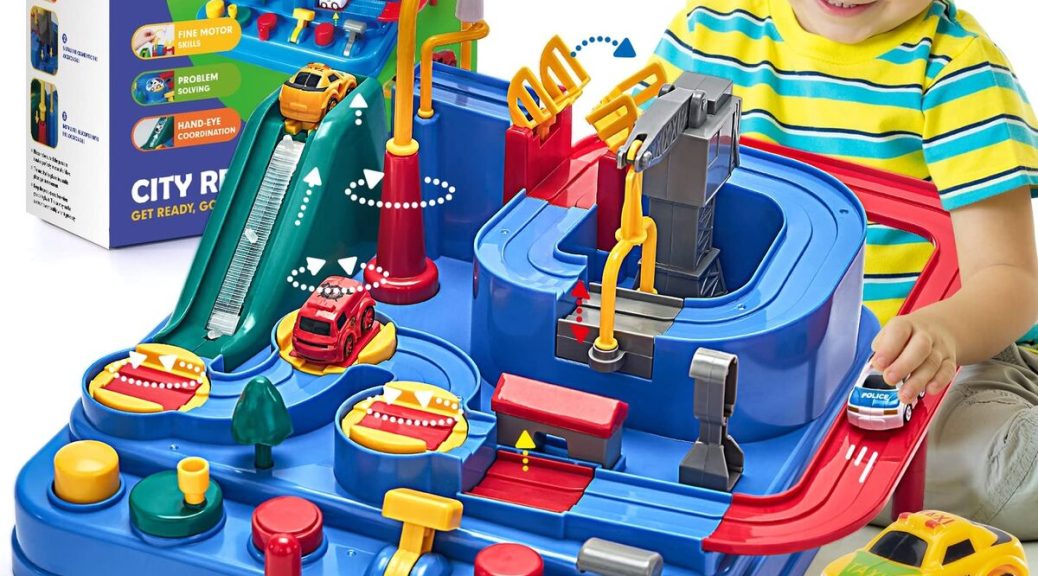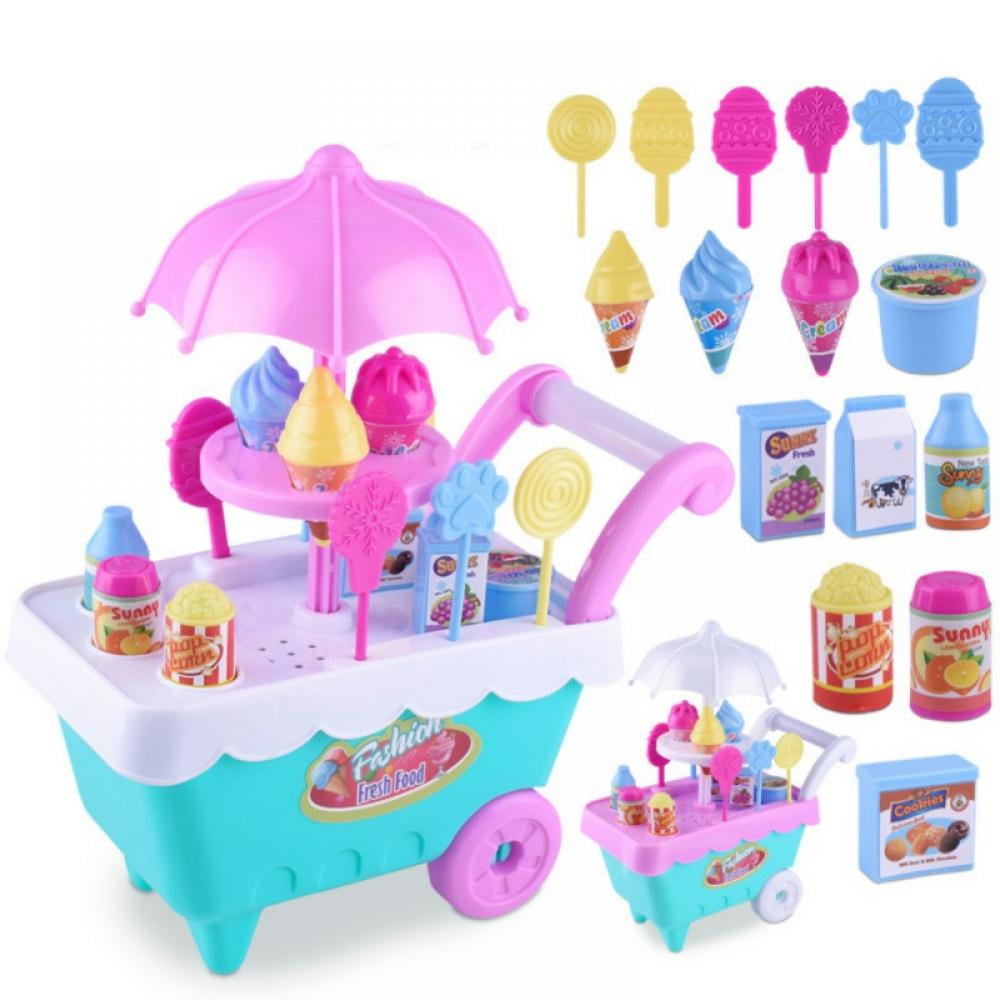Introduction
The world of plush toys is vast and diverse, offering comfort, joy, and nostalgia to people of all ages. Among the myriad of cuddly companions available, one stands out for its immense size and iconic charm: the Giant Hello Kitty Plush. This oversized version of the beloved character has captured hearts worldwide, becoming a symbol of love, warmth, and whimsy. In this article, we will delve into the enchanting world of the Giant Hello Kitty Plush, exploring its history, significance, care, customization options, and much more. Whether you’re a devoted fan or a curious newcomer, join us on this delightful journey as we uncover the magic of these giant plush toys.
The History and Evolution of Hello Kitty Plush Toys
The Birth of Hello Kitty
Hello Kitty, created by Sanrio in 1974, quickly became a global phenomenon. Initially designed as a character to decorate stationary items, Hello Kitty’s simple yet endearing design resonated with audiences around the world. Her signature features—a round face, bow tie, and lack of mouth—made her universally appealing and adaptable to various products, including plush toys.
Early Plush Versions
The first Hello Kitty plush toys were small and relatively simple, reflecting the character’s humble beginnings. These early versions were often made from soft, pastel-colored fabrics and featured minimal detailing. Despite their simplicity, they were an instant hit, sparking a trend that would only grow over time.
The Rise of Giant Hello Kitty Plush
As Hello Kitty’s popularity surged, so did the demand for larger and more elaborate plush toys. The introduction of the Giant Hello Kitty Plush marked a significant milestone in the evolution of the brand. These oversized versions not only provided more huggable surface area but also became statement pieces in homes and collections.
Technological Advancements
Advancements in manufacturing technology allowed for the creation of even larger and more detailed plush toys. High-quality materials, intricate stitching, and innovative stuffing techniques ensured that these giants maintained their shape and durability. Today, Giant Hello Kitty Plush comes in various sizes, from extra-large to room-dominating behemoths.
Why Giant Hello Kitty Plushes Are So Popular
Emotional Appeal
Giant Hello Kitty Plush toys have a unique ability to evoke strong emotional responses. Their sheer size makes them instantly noticeable and inviting, creating an immediate sense of comfort and joy. For many, these plush toys serve as a tangible reminder of childhood innocence and the simple pleasures in life.
Therapeutic Benefits
Research has shown that interacting with plush toys can have therapeutic benefits. The act of hugging a Giant Hello Kitty Plush can release oxytocin, often referred to as the “love hormone,” which promotes feelings of relaxation and well-being. This makes them particularly popular among individuals seeking stress relief or emotional support.
Cultural Significance
Beyond their emotional appeal, Giant Hello Kitty Plush toys hold cultural significance. Hello Kitty has become a symbol of Japanese pop culture, representing values such as cuteness, kindness, and friendship. Owning a Giant Hello Kitty Plush is not just about acquiring a toy; it’s about embracing a piece of this rich cultural heritage.
Collectible Value
For collectors, Giant Hello Kitty Plush toys are highly sought after. Limited edition releases and collaborations with renowned artists add to their collectible value. These plush toys often appreciate in worth over time, making them a valuable addition to any collection.
Caring for Your Giant Hello Kitty Plush
Maintenance Tips
Proper maintenance is essential to ensure the longevity and beauty of your Giant Hello Kitty Plush. Regular cleaning and care can prevent wear and tear, keeping your plush toy looking fresh and vibrant.
Spot Cleaning
For minor stains or dirt, spot cleaning is often sufficient. Use a damp cloth or sponge to gently dab at the affected area. Avoid rubbing too vigorously, as this can damage the fabric. If necessary, apply a mild detergent diluted in water, but be sure to rinse thoroughly and dry completely.
Long-Term Care
To maintain the quality of your Giant Hello Kitty Plush over the long term, consider implementing a few preventive measures. Proper storage and handling can significantly extend the life of your plush toy.
Storage Solutions
When not in use, store your Giant Hello Kitty Plush in a cool, dry place away from direct sunlight. Excessive heat and moisture can cause the fabric to deteriorate. If possible, use a breathable storage bag or cover to protect against dust and pests. Additionally, avoid stacking heavy objects on top of the plush toy, as this can lead to flattening and loss of shape.
Customization and Personalization Options
DIY Projects
One of the joys of owning a Giant Hello Kitty Plush is the opportunity to personalize it according to your preferences. DIY projects allow you to express your creativity and make your plush toy uniquely yours.
Adding Accessories
A simple way to customize your Giant Hello Kitty Plush is by adding accessories. You can sew on bows, hats, or other decorative elements to give your plush toy a new look. Fabric paints and markers can also be used to create custom designs or messages directly on the plush toy. Be sure to choose materials that are safe for plush toys and won’t cause damage.
Professional Customization
For those who prefer a more polished result, professional customization services are available. Many artisans specialize in customizing plush toys, offering a range of options from simple embellishments to complete redesigns.
Collaborative Creations
Collaborating with a professional artist can result in a one-of-a-kind Giant Hello Kitty Plush. Discuss your ideas and vision with the artist to ensure the final product meets your expectations. Professional customization may come at a higher cost, but the personalized touch and attention to detail make it a worthwhile investment for dedicated fans.
Displaying and Using Your Giant Hello Kitty Plush
Home Decor Ideas
Giant Hello Kitty Plush toys can serve as striking home decor pieces, adding a touch of whimsy and charm to any space. Their versatility allows for creative placement and styling, making them suitable for various settings.
Living Room Accents
In the living room, a Giant Hello Kitty Plush can act as a cozy accent piece. Place it on a sofa or armchair for an inviting seating arrangement. Alternatively, position it on the floor near a reading nook or entertainment center for added visual interest. Pair it with complementary colors and textures to enhance the overall aesthetic of the room.
Functional Uses
Beyond their decorative appeal, Giant Hello Kitty Plush toys can serve practical purposes as well. Their large size and softness make them ideal for a variety of functional uses.
Stress Relief Tools
Use your Giant Hello Kitty Plush as a stress-relief tool. Hugging or squeezing the plush toy can provide immediate comfort and relaxation. Consider placing it in areas where you spend a lot of time, such as your bedroom or office, for easy access whenever you need a quick mood boost. Additionally, these plush toys can be used as supportive pillows or backrests, enhancing comfort during long periods of sitting or lounging.
A Global Phenomenon: The Unstoppable Rise of Giant Hello Kitty Plush
Hello Kitty, the iconic character created by Sanrio in 1974, has transcended borders and cultures to become a global phenomenon. This cultural ubiquity is perhaps most evident in the popularity of giant Hello Kitty plush toys, which have captured the hearts of fans worldwide. These oversized versions of the beloved character are not just toys; they represent a symbol of comfort, nostalgia, and joy that resonates across different continents.
One of the reasons for the widespread appeal of giant Hello Kitty plush is its ability to evoke childhood memories. For many, Hello Kitty represents a time of innocence and simplicity, making these plush toys particularly appealing to adults who grew up with the character. The sheer size of the plush adds an element of novelty and excitement, transforming a simple toy into a statement piece. Whether placed in a living room or bedroom, a giant Hello Kitty plush becomes a conversation starter, inviting others to share in the nostalgia.
In Asia, where Hello Kitty originated, the demand for giant plush toys is especially high. Countries like Japan, South Korea, and Taiwan have embraced the character as a cultural icon, and it’s common to see Hello Kitty plush toys in homes, offices, and even public spaces. In these regions, the plush toys are often seen as status symbols, representing a lifestyle that values cuteness and whimsy. The popularity of these plush toys has also led to the creation of themed cafes, hotels, and even entire amusement parks dedicated to Hello Kitty, further cementing her status as a cultural icon.
The global appeal of giant Hello Kitty plush extends beyond Asia, with fans in North America, Europe, and Australia also embracing the character. Social media platforms have played a significant role in spreading the love for Hello Kitty, with influencers and celebrities frequently showcasing their own collections of giant plush toys. This online visibility has only fueled the demand, turning Hello Kitty into a true global sensation.
Conclusion
The Giant Hello Kitty Plush is more than just a toy—it’s a symbol of love, comfort, and creativity. From its humble beginnings to its current status as a global sensation, this oversized plush toy has captured the hearts of millions. Whether you’re drawn to its emotional appeal, cultural significance, or potential for customization, there’s no denying the magic of the Giant Hello Kitty Plush. By following proper care and maintenance practices, you can ensure that your plush companion remains a cherished part of your life for years to come. So why not embrace the giant and bring a little more joy into your world?






